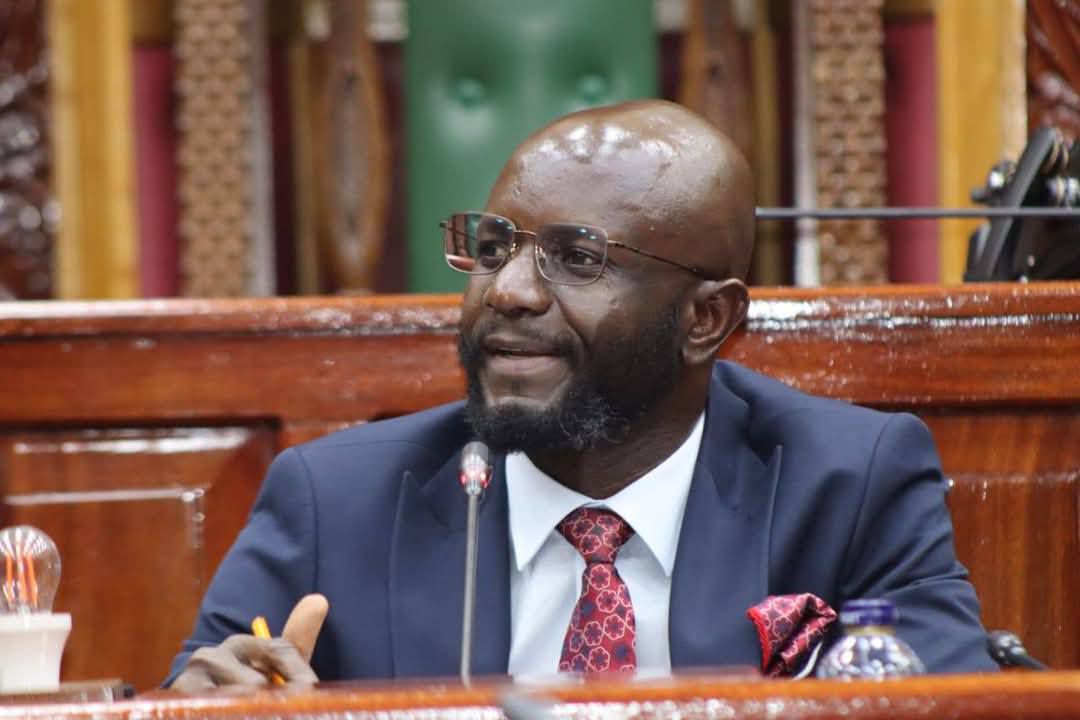 National Assembly Budget and Appropriations Committee chairman Samuel Atandi./FILE
National Assembly Budget and Appropriations Committee chairman Samuel Atandi./FILE
Parliament has raised concerns over the low absorption of development expenditure in the country.
National Assembly Budget and Appropriations Committee chairman Samuel Atandi says that in the last five years, the budget absorption has declined by over Sh140 billion.
Atandi said the country must acknowledge a concerning trend: actual development expenditure has declined significantly, from over Sh640 billion in Financial Year 2019-2020 to approximately Sh500 billion by the end of Financial Year 2024-2025.
“This decline has been aggravated by in-year revisions due to low absorption of development partner projects, slow exchequer releases, and other project implementation challenges,” he said.
He was speaking at the KICC Monday morning, during the official launch of the Sector Working Groups for the Financial Year 2026-2027 and the Medium-Term Budget Preparation Process.
“I urge the National Treasury and the Sector Working Groups to be cognizant of these issues when setting development priorities,” Atandi said.
He added that by addressing bottlenecks in project execution and improving coordination with development partners, the country can ensure that allocated funds are fully utilized to maximize impact on priority sectors aligned with the Fourth Medium-Term Plan of Vision 2030, focusing on the needs of youth, women, and persons with disabilities.
The MP said their expectations, as parliament, are that the 2026-2027 budget will support the Bottom-Up Economic Transformation Agenda (BETA) through targeted development expenditure in critical sectors such as agriculture, health, education, and infrastructure.
Parliament, through a resolution of the Budget and Appropriations Committee, has directed the Intergovernmental Technical Relations Committee (IGRTC) to unbundle all devolved functions still being implemented by the national government.
“This directive aims to curb unnecessary duplication of functions between the national and county governments, particularly in the Health, Agriculture, Water, and Infrastructure sectors,” the ODM legislator added.
The MP said he expects the Division of Revenue Bill, 2026, to incorporate provisions to guarantee that counties are allocated devolved resources that are presently held by the national government in a manner that is appropriate.
“I urge the National Treasury and the Sector Working Groups to ensure that national government resources are prudently allocated, avoiding overlaps with county functions. This alignment will enhance service delivery, optimize resource use, and strengthen our devolved system of governance as envisioned in the Constitution.”
The global economic landscape presents challenges, he added, particularly with distortions in international trade driven by U.S. tariffs and other protectionist measures. These policies have disrupted global supply chains, affecting Kenya’s key export sectors, including tea, coffee, and cut flowers.
He urged the team to explore strategies to diversify export markets, strengthen regional trade partnerships within the African Continental Free Trade Area (ACFTA), and promote value addition in agriculture and manufacturing.
By fostering a competitive economy, we can mitigate external shocks and enhance our foreign exchange earnings. We also face significant pressure from interest payments on public debt, expected to exceed Sh1 trillion in the coming fiscal year due to past borrowing.

















